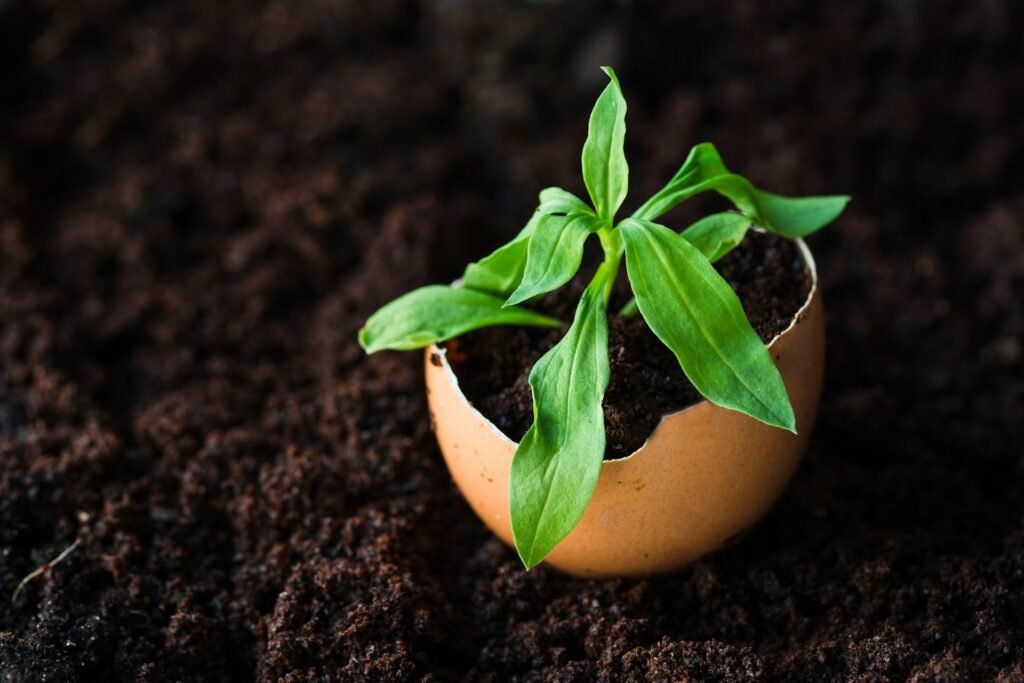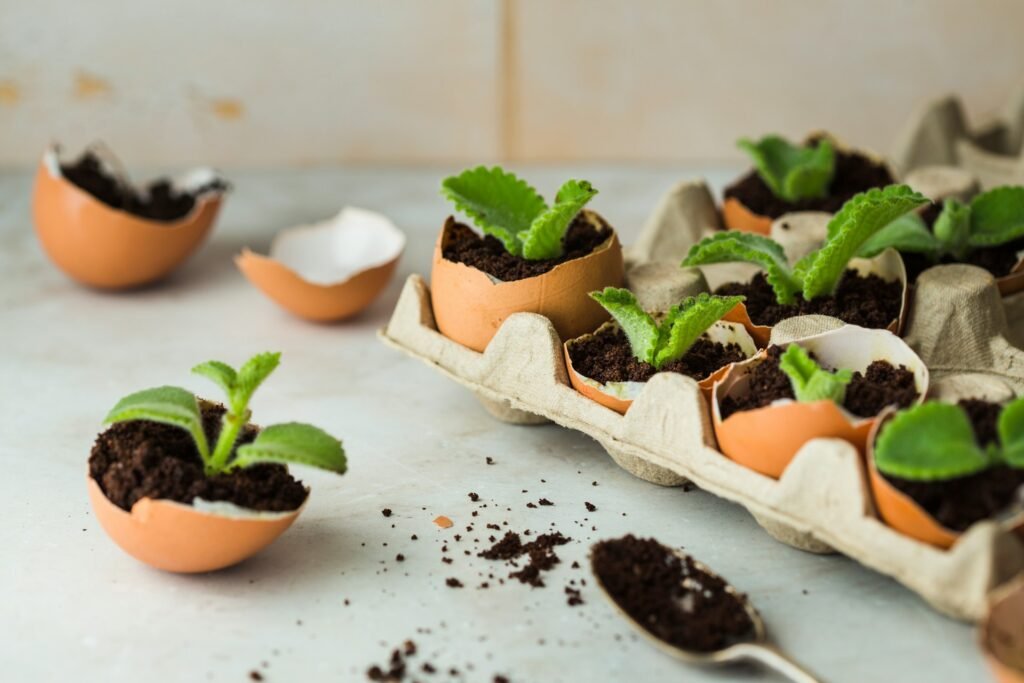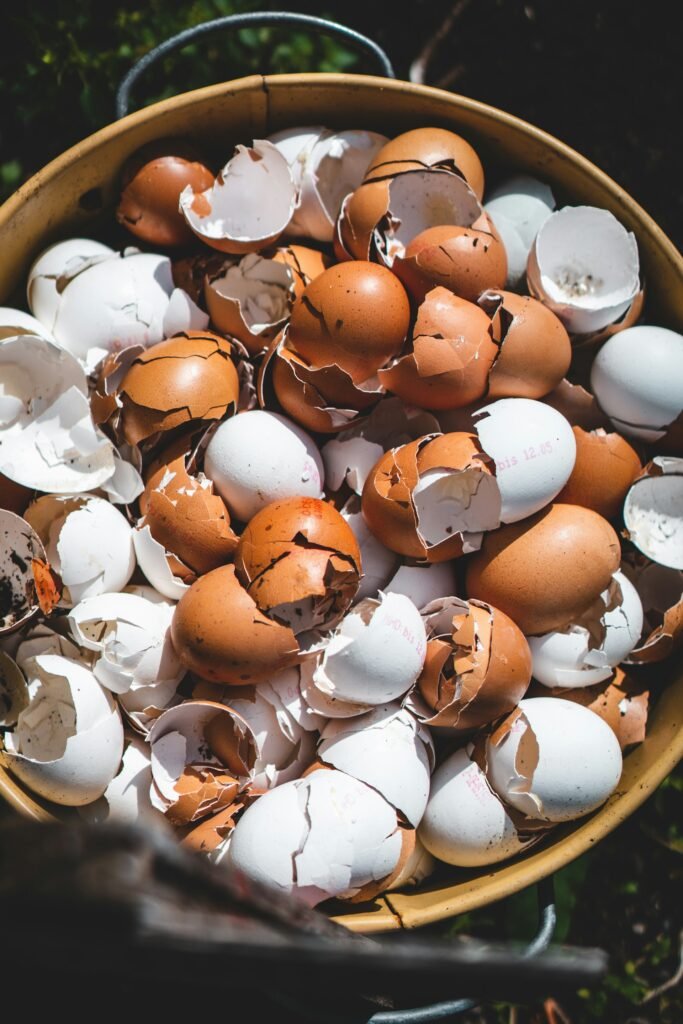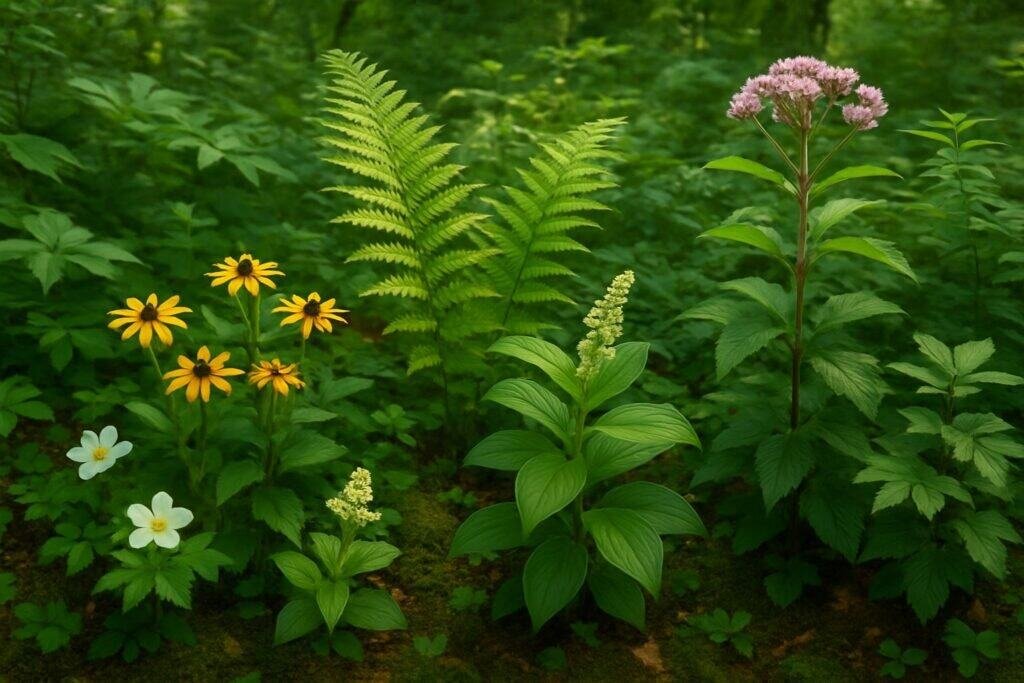Many gardeners find themselves pondering whether eggshells belong in the compost bin. The answer is a resounding yes. Composting eggshells is not only beneficial for your garden but also contributes to a more sustainable lifestyle by reducing kitchen waste. This guide will help you understand the benefits and methods of composting eggshells effectively, ensuring your garden thrives and your compost remains balanced.
Eggshells are a rich source of calcium carbonate, a crucial element for plant growth and soil health. Integrating eggshells into your compost pile can help create a nutrient-rich amendment for your garden. By following a few simple preparatory steps, you can ensure that these shells decompose efficiently and contribute to the overall vitality of your compost.
Eggshells in the Compost Pile: A Gardener’s Secret
Eggshells bring a hidden advantage to the compost pile. As a slow-releasing source of calcium, they gradually enrich the compost with essential nutrients, which in turn supports strong plant development and helps prevent blossom end rot in crops like tomatoes and squash.
Eggshells are a treasure in the compost heap. They provide a substantial amount of calcium, which helps plants build cell walls and contributes to a well-balanced compost chemistry.
Preparing Eggshells for Optimal Decomposition
Before adding eggshells to compost, it’s important to prepare them properly. Thorough washing removes any remaining egg residue, which could attract pests. Once clean and dry, the shells are ready for the next crucial step: crushing, which aids in their breakdown process within the compost pile.
The initial step in composting eggshells is to wash them thoroughly. This eliminates organic material that might attract rodents or insects. After washing, the shells should be left to dry completely. Drying not only prevents mold growth in the compost pile but also makes the shells easier to crush, which is key to expediting their decomposition.
Crushing eggshells into smaller pieces is a critical step in ensuring they decompose at a pace that benefits your compost mix. The smaller the fragments, the faster microorganisms can break them down. This can be done manually or with a food processor.
While crushing, one might also consider mixing in other compostable materials such as coffee grounds. The coffee grounds add nitrogen, which works in tandem with the calcium from the eggshells to create a nutrient-rich compost that plants will thrive on. Just a handful of crushed shells mixed with your other compost materials can make a significant difference in the quality of your final compost.
The Timeline of Eggshell Decomposition in Compost
Eggshells, while beneficial, are one of the slower-decomposing household items in a compost pile. The rate of decomposition depends largely on the preparation of the eggshells and the conditions of the compost. Finely crushed and evenly spread eggshells can integrate into compost in as little as a few months, but larger fragments may take several years to fully break down. Regular turning of the compost and maintaining a balanced mix of greens and browns facilitates a speedier timeline for eggshell decomposition.

Practical Tips for Adding Eggshells to Your Compost
When adding eggshells to your compost, it’s crucial to avoid introducing raw eggs, which can attract pests and harbor diseases. Instead, focus on clean, dry, and crushed eggshells to ensure a smoother composting process. These simple steps help enrich your compost with valuable nutrients without unnecessary complications.
Correct Ratios: Balancing Eggshells With Other Compost Materials
Maintaining a balanced compost bin is essential, and eggshells play a role in this equilibrium. Aim for a small portion of eggshells relative to other compost materials, ensuring that they make up no more than 10% of your pile. By combining eggshells with a diverse mix of green and brown food scraps, you create an environment conducive to effective composting, promoting healthy microbial activity and soil enrichment.
Potential Pests: Addressing Concerns About Rats and Bugs
While eggshells are a beneficial addition to compost, they can sometimes attract pests such as rats and bugs. Mitigate this risk by thoroughly washing eggshells before adding them to your compost bin, and ensure that all food scraps are well-covered by brown composting materials like leaves or straw to discourage scavengers.
To further reduce the risk of salmonella and deter pests, consider baking your eggshells in the oven before adding them to the compost. This not only sanitizes the shells but also makes them more brittle and easier to crush into smaller pieces, aiding in their decomposition. Additionally, burying eggshells deep within the compost pile can help mask their presence from curious animals.
Another effective practice involves enclosing your compost bin with a secure lid or wire mesh. This physical barrier can prevent animals from accessing eggshells and other food scraps, ensuring your compost remains a closed system for organic waste transformation without becoming a feeding ground for unwanted critters.
Beyond Composting: Eggshells as Soil Amendments
Eggshells offer more than just compost benefits; they can be valuable soil amendments, improving soil structure and nutrition.
Direct Application of Eggshells to Garden Soil
Incorporating eggshells directly into the soil can address signs of calcium deficiency, as the calcium carbonate in the shells releases slowly, enriching the soil profile.
Eggshells contribute valuable nutrients and improve soil structure when added to the soil. Their calcium content helps regulate soil pH, supports strong cell walls in plants, and can boost the growth of beneficial microorganisms, enhancing overall soil health and fertility.
Enhancing Plant Growth With Eggshell Calcium
Finely ground eggshells can be a slow-releasing source of calcium, essential for plant growth, directly accessible when mixed with soil.
Integrating crushed eggshells into planting holes or mixing them with seed-starting mixtures can provide an added benefit of calcium right where the plants need it most, promoting strong root development and overall plant vigor.
The Life Cycle of Eggshells in Your Garden Ecosystem
Eggshells journey through a garden ecosystem, contributing to soil fertility and plant health as they break down and become part of the living landscape.
The Role of Worms in Processing Eggshells
Worms play a key role in breaking down eggshells in compost, grinding the shells with their gizzards, and enhancing the mineral content of the castings they produce.
Can Too Many Eggshells Harm Your Compost Balance?
While eggshells are a beneficial source of calcium, an excess in the compost pile can disrupt soil pH and attract pests. Moderation and balance are key when composting eggshells to avoid tipping the scales of your composting system.

Creative and Effective Uses for Eggshells Beyond Composting
Eggshell powder, made by grinding shells into fine dust, can be a potent supplement for garden soil and a natural abrasive cleaner for household items.
Eggshells as Natural Pest Deterrents in the Garden
Scattering crushed eggshells around plants can deter slugs and other crawling pests, making eggshells a multifunctional asset in the garden ecosystem.
Using Crushed Eggshells for Potted Plants’ Well-being
Integrating crushed eggshells into the soil of potted plants can yield significant benefits. The calcium-rich composition of eggshells not only contributes to the structural strength of cell walls in plants but also aids in preventing blossom end rot in certain vegetables. For plants that prefer a less acidic environment, the slow release of calcium also helps to moderate acidic soil conditions, promoting a more neutral pH balance. This practice supports robust plant growth, ensuring that potted plants remain healthy and vibrant in their contained habitats.
Wrapping Up the Eggshell Enigma in Composting
In conclusion, eggshells offer a sustainable way to enrich compost piles with calcium and other essential nutrients, essential for preventing issues like blossom end rot in tomatoes. Before putting eggshells into the mix, it’s wise to rinse and dry them, then pulverize them using a spice grinder or coffee grinder. This process creates fine eggshell fragments that decompose more readily. By heating the shells in a warm oven at degrees Fahrenheit for about 20 minutes, one can ensure a sterile addition to their compost or potting mix.
To effectively spread the eggshells throughout the compost, mix them evenly with other organic materials. This not only aids in nutrient distribution but also helps in deterring slugs and snails. The MSU Extension recommends balancing the addition of eggshells with other green and brown materials to maintain a healthy compost equilibrium. Ultimately, understanding the role of eggshells in composting demystifies their usage and showcases the myriad of benefits they bring to garden health and productivity.


